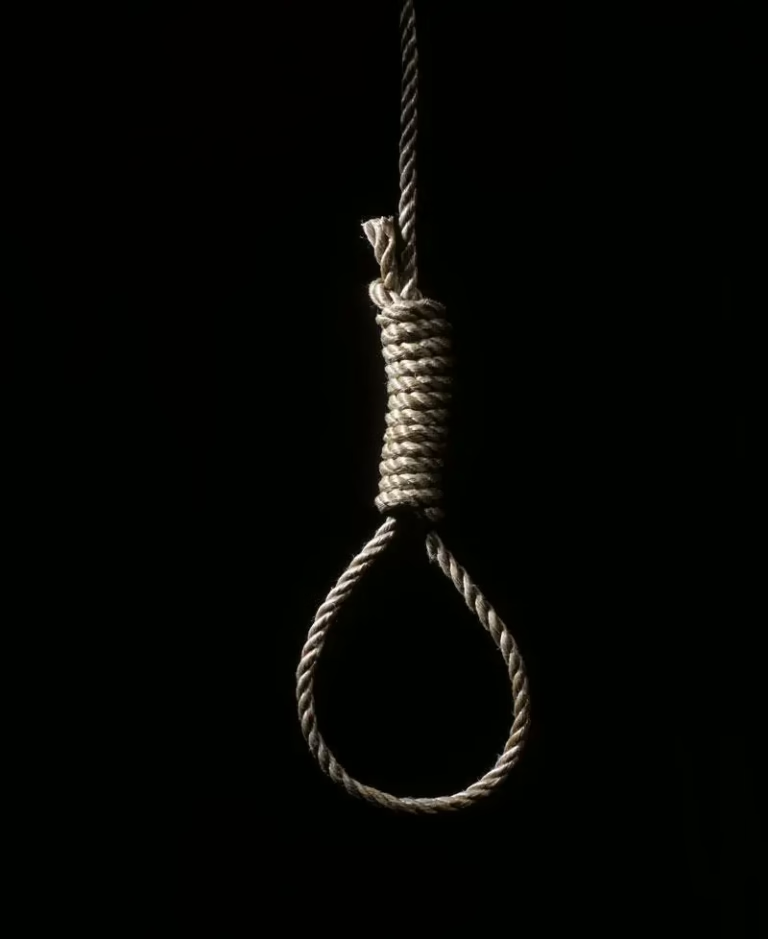A recent investigation has uncovered significant gender disparities affecting women sentenced to death in Nigeria, revealing that most endure poverty, inadequate education, and systemic biases throughout their judicial proceedings.
This comprehensive research was unveiled on Monday, October 13, 2025, during a stakeholder validation forum held in Abuja. The study was a collaborative effort by Hope Behind Bars Africa, the National Human Rights Commission, with backing from the World Coalition Against the Death Penalty and the French Development Agency.
Findings indicate that nearly half (47%) of the female inmates on death row fall within the 18 to 35 age bracket. Alarmingly, over one-third lack any formal schooling, and a mere 10% have attained higher education qualifications.
Strikingly, 70% of these women are mothers, many of whom have left their children in precarious or fragmented caregiving situations, thereby perpetuating the cycle of hardship across generations.
Most of these women were previously engaged in informal, low-wage occupations such as street vending and subsistence farming, underscoring the connection between economic hardship and their involvement with the criminal justice system.
The report also highlights that over one-third of the women have endured gender-based violence, including forced marriages, domestic abuse, or coercion by intimate partners-circumstances often linked directly to the offenses for which they were convicted.
Furthermore, 75% of the women were unfamiliar with the specific laws they were charged under, 85% perceived the legal framework as biased against women, and more than half felt their trials lacked transparency.
Many reported confusion during investigations and court proceedings, attributing their negative experiences to the predominantly male-oriented justice system, which they believe influenced the outcomes of their cases.
The social stigma attached to incarceration is profound; numerous women have been deserted by their spouses and ostracized by their communities, particularly in cases involving sexual offenses or adultery.
Children left behind by these incarcerated mothers often face interrupted schooling, emotional distress, and unstable living environments, compounding the adverse effects of maternal imprisonment.
Despite the severity of their sentences, over 80% of the women expressed a belief in rehabilitation, favoring restorative justice measures such as skills training and incarceration alternatives over capital punishment.























0 Comments